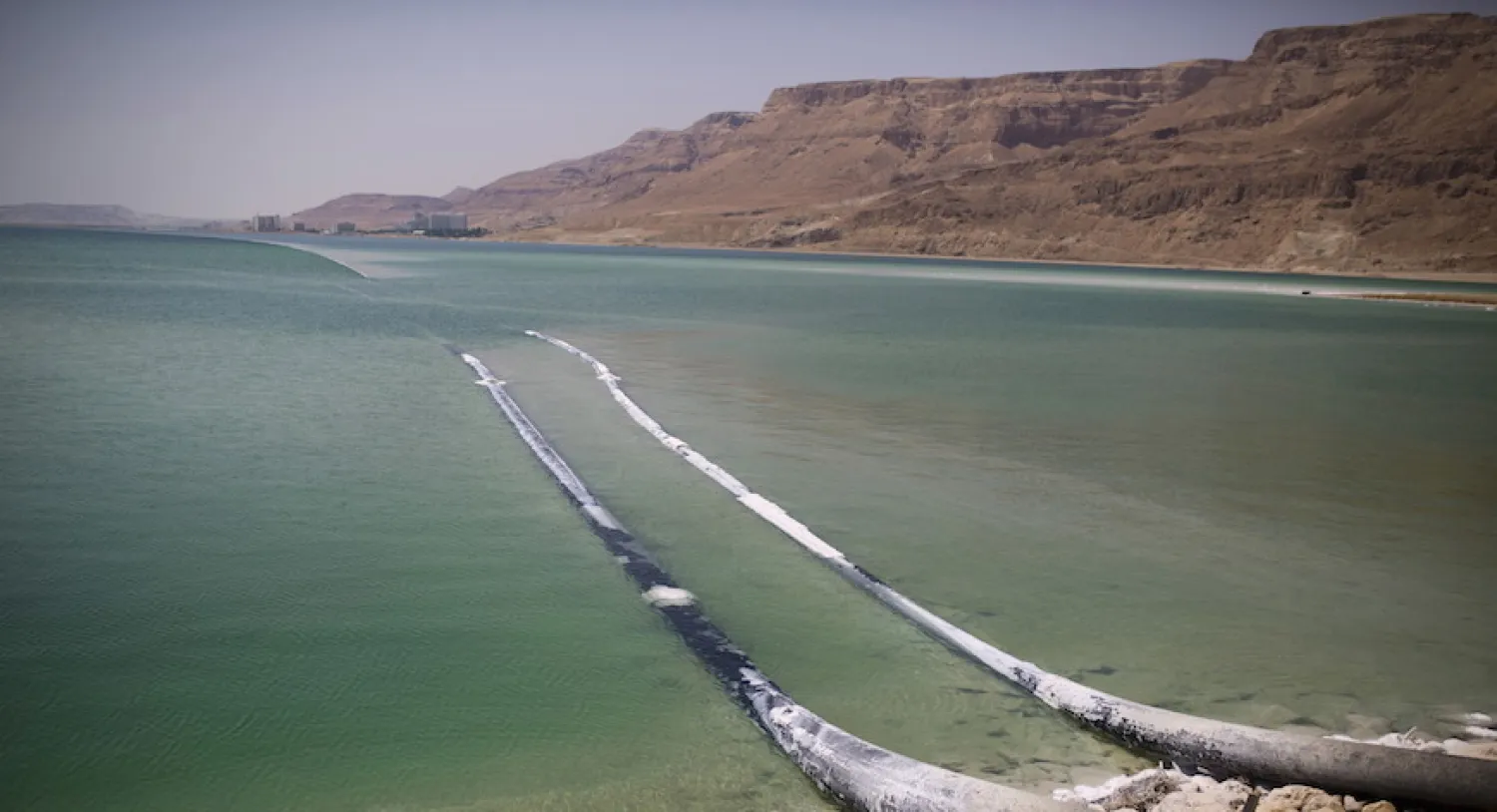The Israeli government has decided to suspend a joint project with Jordan and the Palestinian Authority - the Red Sea–Dead Sea Water Conveyance – in an attempt to exert pressure on Amman to reopen the Israeli embassy, according to sources quoted by the Israeli media.
Known as the “Two Seas Canal”, the project aims at digging a channel connecting the southern side of the Red Sea with the western side of the Mediterranean and the Dead Sea, so that the waters of the two seas are pumped, through channels, tunnels and pipes, into the Jordan Valley and the Dead Sea. The entrepreneurs hope the project would lead to economic prosperity in the three sides.
According to the Israeli political sources, Israel is angry with Jordan, which insists on rejecting the return of the diplomatic mission and the reopening of the embassy in Amman until the embassy guard, who killed two Jordanian citizens in July, is prosecuted.
The sources said that the Israeli foreign ministry, led by Prime Minister Benjamin Netanyahu and Foreign Minister Avigdor Lieberman, and members of the National Security Council in the Prime Minister’s Office, did not wish to proceed with the Canal project, “as long as the crisis with Jordan continues and as long as the Jordanians do not allow the Israeli ambassador and Embassy staff to return to Amman.”
Jordan refuses the return of the Israeli diplomatic mission to Amman, unless Israeli Ambassador Anat Shaline is replaced, and the Israeli officer is tried for murder.
The Israeli government refused to allow the Jordanian authorities to investigate the embassy guard, who killed two Jordanian citizens in July, claiming that he had immunity, according to the Vienna Document. The embassy guard, Ziv Moyal, shot woodworker Mohammed Jawawdeh and Dr. Bashar Hamarneh, who were found in Hamarneh’s apartment, which is rented by Moyal near the embassy.









